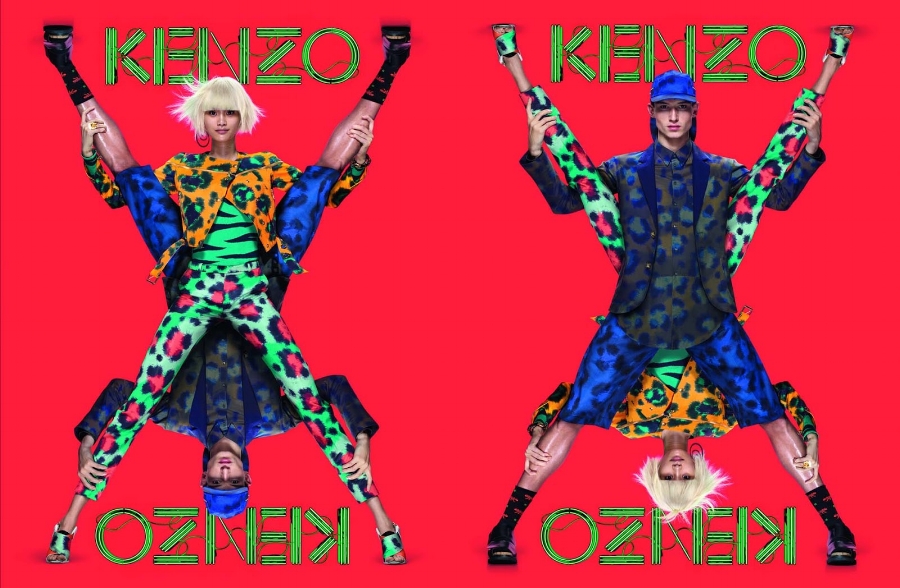
image: Kenzo
What’s in a name? That is a question that courts are routinely faced with when considering trademarks. As we saw in the case that Chanel filed against Indiana-based salon owner Chanel Jones, who caught the French fashion brand’s attention thanks to her business, Chanel’s Salon, an individual does not have an unfettered right to use his/her personal name for commercial purposes, That was clearly demonstrated when Chanel won its case and Jones was forced to rebrand her salon sans the Chanel moniker … even though that is the proprietor’s name, as well.
What about the right to register your name as a trademark? That was the issue in a recently decided matter involving Paris-based fashion brand Kenzo. For over five years, the LVMH-owned brand has been facing off against Kenzo Tsujimoto, a Japanese individual, who applied to register two trademarks for “KENZO ESTATE” with the European Union Intellectual Property Office (“EUIPO”) for use on alcoholic beverages, namely, wine, among other things.
Kenzo responded to Tsujimoto’s applications by filing an opposition, claiming that the KENZO ESTATE marks are too similar to its own registration for the word Kenzo, which it has maintained since 2001. The EUIPO sided with the fashion brand, as did the Second Board of Appeal of the EUIPO, which held that the KENZO ESTATE trademark “would ride on the coat-tails of the earlier [Kenzo] trademark in order to benefit from the power of attraction, the reputation and the prestige of [the Kenzo] mark and to exploit, without paying any financial compensation, the marketing effort expended by the proprietor of that mark in order to create and maintain the image of that mark.”
The General Court of the European Union agreed with the Board of Appeal, holding in December 2015 that Tsujimoto’s KENZO ESTATE mark would serve to “unfairly exploit [Kenzo’s] reputation.”
Finally, following another appeal by Mr. Tsujimoto, the European Court of Justice (“ECJ”) – the highest court in the European Union – took on the case to determine whether an EU trademark holder may prohibit a third party from using his/her own name in a commercial capacity.
In its decision, the ECJ panel of judges held that while EU regulations do not permit a trademark holder to prevent another party from using his/her own name in furtherance of business dealings, those same regulations do not provide individuals with an unconditional right to register their names as trademarks in the EU either.
According to the ECJ, the regulations state that a trademark that “would take unfair advantage of, or be detrimental to, the distinctive character or the repute of [an] earlier trademark” without justification is not eligible for registration.
In the case at hand, the court stated that the fact that Mr. Tsujimoto’s trademark corresponds with his first name is not a “justifying reason” for the registration of his mark, instead, it is “irrelevant.” Ultimately, the court dismissed Tsujimoto’s appeals, thereby rejecting his trademark applications, and sided with Kenzo.
Still on the fashion brand’s plate, legally speaking: A a trademark infringement fight with Levi’s. You may recall that the American denim giant filed suit against Kenzo for allegedly using its federally-protected pocket tab on a recent collection of denim trousers. According to Levi’s complaint, consumers are likely to see the Kenzo pants and think that because of the white pocket tab they are either Levi’s pants or potentially connected to the Levi’s brand in some other way, potentially by way of a collaboration between the two companies.
That case – Levi Strauss & Co v Kenzo Paris USA LLC et al, 18-02106 (N.D.Cal) – is still pending before a federal court in San Francisco.
* The case is Kenzo Tsujimoto v. European Union Intellectual Property Office, 62016-CJ-0085.











